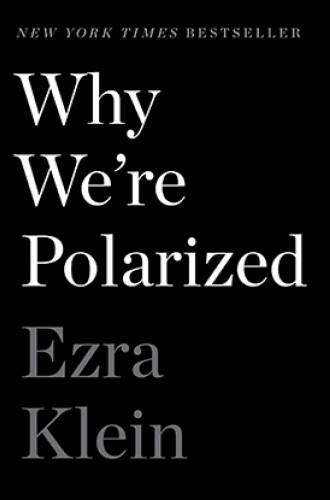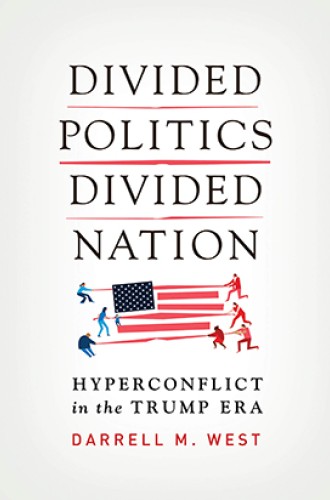How can we make our political polarization less destructive?
Ezra Klein suggests structural changes. Darrell West suggests talking to each other.
Remember when Grandma might be upset that someone in the family was marrying outside the faith? “But he’s a Protestant (or Jew or Catholic)!” Nowadays, the family fuss sounds different. “She’s marrying a Republican! His family all voted for Trump!” Or, “Her parents are liberals! They loved Obama!”
In 1960, marrying someone of a different political party was no big deal. That’s changed, according to research cited by Ezra Klein. Political partisanship is now the real cleavage in American life, the factor that creates marital consternation. We are a nation sharply and deeply divided by politics.
Darrell West, who taught at Brown University for two decades, now directs the Governance Studies program at the Brookings Institution. But he grew up on a dairy farm and in a small town in Ohio, where his family’s life revolved around their conservative Christian church. In our polarized world, West has feet in both camps.






